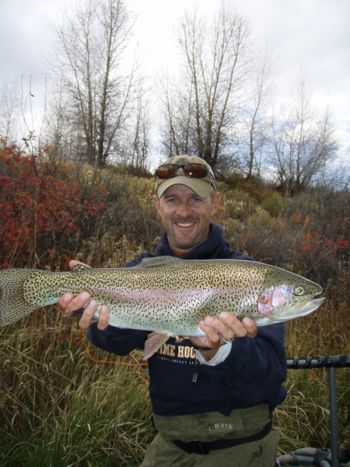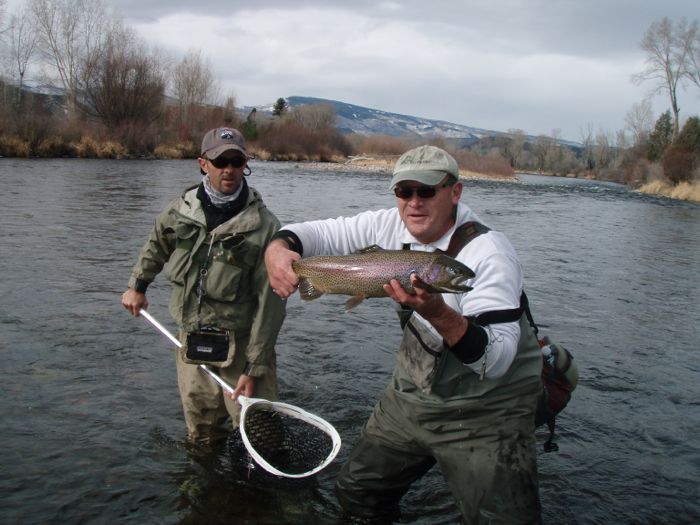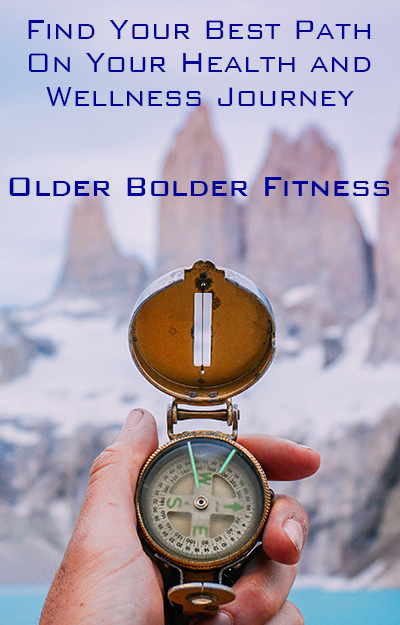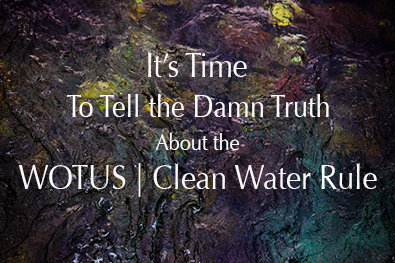Here’s the rest of our recent interview with Guide Bob Streb of Minturn Anglers (CO); read the first part here.
You’ve recently written passionately about the issues facing the upper Colorado. How do explain to people the seemingly warped rationale to divert the bulk of a river to water lawns on the Front Range?
The warped rationale started along time ago when they built a city in the wrong place and decided the best way to fix the water issue was to defy the law of gravity and take water from the other side of a giant mountain range. In hind site it would have been a lot easier and maybe cheaper to move the damn city. To be fair, I think it goes much deeper than the lawns of the Front Range. The growing population is just the easiest target and that may not be entirely fair. I have seen statistics showing that people on that side of the divide have made great strides in the game of conserving water. They have been hit in the wallet and been forced to realize it’s just going to get more expensive if they do not practice smart water use. The biggest problem area in this whole mess is agriculture. It is 85% of the budget and if we could drop that just 5 or 10 percent it would change everything for the better. It’s tough to take a swing at a farmer. They make less money than fishing guides and often times are influenced by multi generational pride in their rights to the land and how they do things. There are ways such as grant money available already for them to take advantage of but many are choosing not to for one reason or another. Its all very complicated, it’s not one groups responsibility to change how we use water….it’s all of ours, here in Colorado and every state downstream.
What can the average fisher (particularly those who’d like to help but may live out of state) do to help with the Colorado River battle?
Be as vocal as possible and sign petitions. Letting Colorado State leaders know you like to come here and spend money is the only way to make them listen, I’m afraid. Governments will only really listen and respond when somebody brings up the economic implications. I started by simply reaching out to friends that I’ve fished with and guided and it morphed and grew to people that don’t even fish. You have to have some heart. My lady Kit, has the biggest heart of anyone I have ever met and she has a way of convincing people to help with all sorts of causes be it Dolphins, ASPCA, Breast Cancer and more. She’s got people signing this petition that don’t even know why they are helping, she is a warrior and we need more people like her involved. I have been witness to people reaching out and signing petitions from as far away as the East coast and Europe. It has been touching to feel the support of a fraternity of people who are willing to go to bat for this River just based on its reputation.
How about favorite water out of the state to fish?
There are about a dozen places spread about Utah, Wyoming and Montana that people could figure out but I won’t mention. I learned on the Tribs of Lake Ontario on the north Coast of NY. I was repeatedly humbled on the West Branch of the Delaware, the Ausable river in the Adirondacks and Spring Brook/Oatka creek near my home town. They are places that I think about often and they will always be some of my favorite places to fish. The Bahamas don’t suck either.
 If you could encourage fly fishers to do just one thing in terms of stewardship this next year, what would that be?
If you could encourage fly fishers to do just one thing in terms of stewardship this next year, what would that be?
Have a voice and use it. Join organizations like TU, Water Keeper Alliance and local water shed counsels. Use social media and join groups like Save the Colorado and Defend the Colorado. Read books like Cadillac Desert and Running Dry. Organize river and highway clean ups and help encourage conservation efforts of all types. Start small and locally, around your own home. If it’s yellow, let it mellow. Don’t let the water run while you brush your chops or shave your face. Take a shower with your honey and water your plants with your left over pasta water. Stop watering your lawn and washing your rig as much, reuse, recycle and regulate. Lead by example and do your part in your neighborhood and maybe something global will happen.
I learned along time ago that “discipline weighs ounces but regret weighs tons.” We simply can not live without water, so when it’s gone and that’s going to happen someday, that regret is going to feel an awful lot like dying. Unfortunately the first to suffer is going to be one of the most incredible rivers in the world and I’m sad about that.
Many thanks to Bob for the interview; please keep us in the loop as to happenings on the river. We’ll keep beating the drum as long as there’s a chance to fight.


